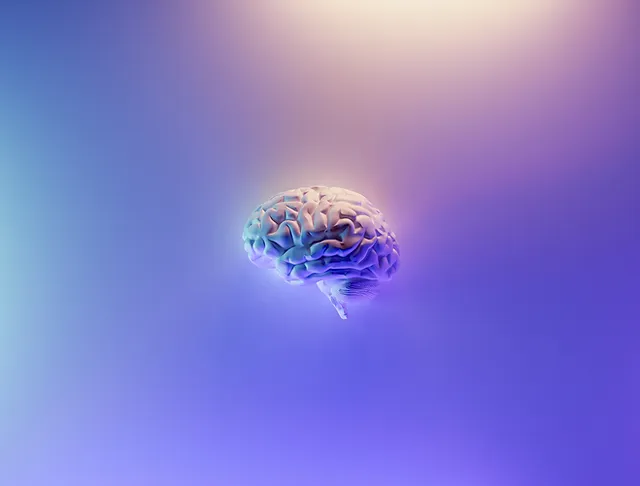Connecting with Existential Struggles: Discovering Hope and Transformation at Counselling Services for Men with Christian Acuña
Existential depression, a profound form of inner turmoil, can deeply affect gifted individuals. While it can be triggered by significant losses or life’s fleeting nature, gifted individuals often experience it spontaneously. This type of depression is intricately tied to what Dabrowski calls “positive disintegration” (1996).
Existential depression emerges when individuals grapple with fundamental questions of existence. Yalom (1980) identifies these as death, freedom, isolation, and meaninglessness. Death, an inevitable reality, raises questions about the purpose of life. Freedom, in an existential sense, means creating structure in an inherently unstructured world. Isolation acknowledges the gaps that persist despite close connections. Meaninglessness stems from these existential concerns.
Why are gifted individuals more prone to this form of depression? Their capacity for deep reflection makes them natural philosophers, contemplating life’s profound questions rather than just its surface aspects. Gifted individuals often possess certain predispositions that contribute to their existential struggles.
Gifted children tend to be idealists, imagining an ideal world that starkly contrasts with reality. Their intensity makes them acutely aware when these ideals aren’t met. They also spot inconsistencies and absurdities in societal norms, challenging traditions and questioning why people often behave hypocritically.
Gifted individuals with multiple talents often find themselves grappling with existential limitations, feeling frustrated by the constraints of time and space. Making choices becomes daunting, as there’s no single “right” path, and they become frustrated and even angry at their perceived lack of control.
This frustration can lead to anger, which, when perceived as powerless, can quickly transform into depression. Gifted individuals seek meaning and anchor points to navigate life’s apparent unfairness. However, their search for meaning can lead to a realization of life’s brevity, their solitude in a vast world, and the daunting freedom to shape their existence. It’s at this juncture that existential questions arise: “Is this all there is to life? Does life only have meaning if I give it meaning?”
While these existential concerns are common in thoughtful adults during mid-life crises, they become concerning when they occupy the minds of adolescents. Such existential depressions require careful attention, as they can be precursors to more serious issues.
So, how can we help our gifted youth cope with these questions? While we can’t change the finite nature of existence, we can offer support, understanding, and strategies for managing their freedom and isolation.
Gifted individuals often feel isolated in their existential ponderings. Knowing that someone understands their struggles can make a world of difference. Relationships are essential for their long-term adjustment.
Physical touch can also break through the sense of isolation. Hugs, a touch on the arm, or playful interactions provide vital physical connections.
Managing their freedom requires intellectual exploration. Studying how others have structured their lives can offer comfort and insight. Reading about individuals who’ve found fulfillment in different paths can help gifted individuals build their personal philosophy and meaningful framework.
Existential questions often drive gifted individuals to immerse themselves in causes, academic pursuits, or even cults. Recognizing these issues and addressing them with kindness and acceptance is crucial. Gifted individuals should understand that existential questions are ongoing and part of their unique journey.
Through empathy, understanding, and ongoing dialogue, we can help gifted individuals navigate their existential struggles, find meaning, and develop resilience in the face of life’s inherent complexities.
At Counselling Services for Men with Christian Acuña, we offer a safe space to rediscover your sense of self-worth. Christian specializes in helping individuals rewire their neural pathways, transforming false beliefs learned during childhood as protective mechanisms. Through our supportive environment, you can cultivate new, positive beliefs about yourself, empowering your journey towards lasting self-discovery and hope.

